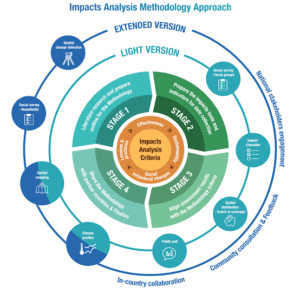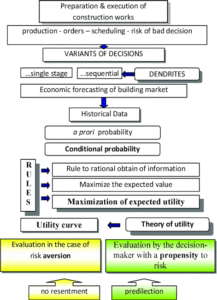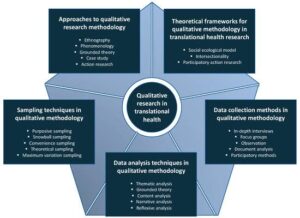Back to: ZOOLOGY 500 Level
Welcome to class!
Hello, my brilliant learner! It’s always inspiring to see you ready to sharpen your critical thinking skills today. We’re going to focus on Analysis of Methodologies and Outcomes—a crucial part of any ecological research. This skill helps you understand not just what scientists found, but how they found it and what it means for the environment and future studies.
Analysis Of Methodologies And Outcomes
Why Analyse Methodologies?
Methodology is the “how” of research—the step-by-step process used to collect and study data. Analysing methodologies helps you judge whether the research is trustworthy, reliable, and relevant. For example, if a fieldwork project used only a small sample size or poor tools, the results might not be very accurate.

In Nigeria, if you’re studying forest ecology in the Omo Forest, knowing whether the researchers used proper sampling methods or tools like quadrats, transects, or camera traps will help you evaluate how solid their conclusions are.
Types of Methodologies in Ecology
Ecological studies use different methods depending on the question and environment. Some common methods include:
Sampling techniques like quadrats or transects to measure plant or animal abundance
Trapping methods such as pitfall or Sherman traps for small mammals and insects
Remote sensing and GIS for mapping and landscape analysis
Laboratory analysis for soil, water, or genetic studies

Each method has strengths and limitations. For example, pitfall traps might be great for catching insects but miss larger animals.
Analysing Outcomes: What Do Results Tell Us?
Once data is collected and analysed, outcomes are the findings or conclusions drawn. It’s important to critically evaluate whether the outcomes truly answer the research questions.
For example, if a study claims deforestation has reduced bird diversity, did the researchers account for other factors like seasonal changes or human noise? Did their methodology capture enough data to support this?
Connecting Methodologies to Outcomes
A strong study clearly links methods to results. Good methodology produces reliable outcomes; poor methods lead to questionable results.
Say a wetland study used remote sensing images to assess changes over 10 years. If the images were taken at different times of year, seasonal water fluctuations could confuse results. Noting this helps future researchers improve their designs.
Practical Importance for You
Understanding methodologies and outcomes enables you to:
Critique scientific literature and identify strong vs weak studies
Design your own research with appropriate methods
Communicate findings accurately to policymakers and communities

Avoid mistakes that could waste time, money, or harm the environment
Summary
- Methodologies are the step-by-step research processes; analysing them ensures studies are reliable.
- Outcomes are the findings; critical evaluation checks if they truly answer research questions.
- Strong connections between methods and outcomes produce trustworthy ecological knowledge.
- This analysis is vital for improving research and making informed environmental decisions.
Evaluation
- Why is it important to analyse research methodologies?
- Name two common methods used in ecological studies.
- What should you check when evaluating research outcomes?
- How does understanding methodology help you in your own research?
You are developing the sharp eye and critical mind every great scientist needs. Keep questioning, keep analysing, and you will contribute knowledge that truly makes a difference. Afrilearn is proud to be with you every step of the way—your journey is just beginning!
